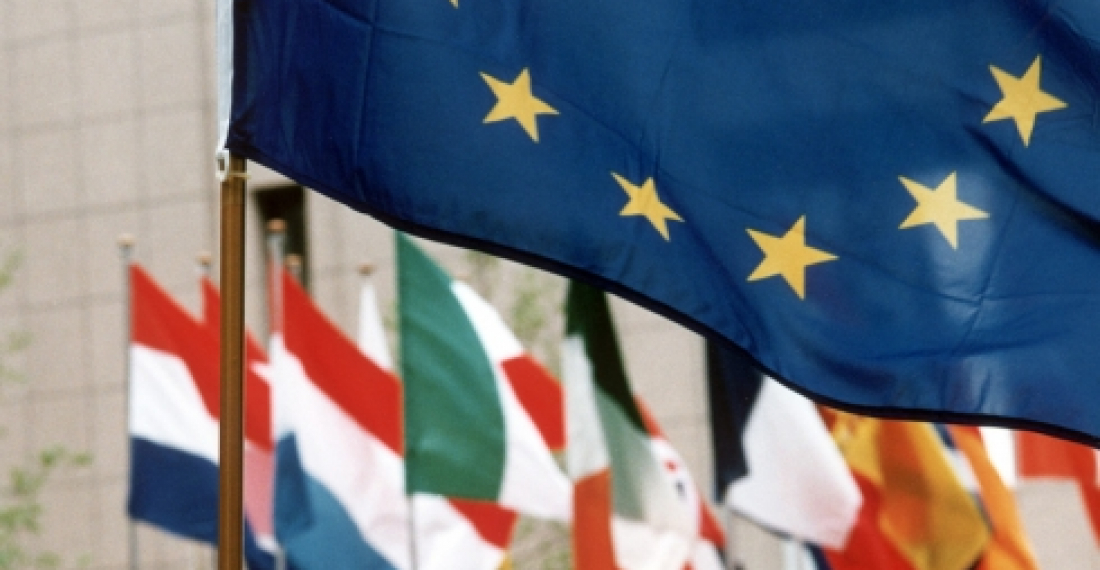The association agreements that the EU is negotiating with Armenia and Azerbaijan should make the region safer, both by promoting a peaceful settlement of the Nagorno-Karabakh conflict and by making EU support conditional upon their human rights performance and democratic reforms. On these, both countries still have a long way to go, the European Parliament said in a resolutions adopted Wednesday.
Parliament's resolutions make recommendations to the Council and the Commission on lines to take when negotiating association agreements with Armenia and Azerbaijan. MEPs approved the EU-Azerbaijan resolution with - 520 votes in favour, 32 against and 24 abstentions and the EU-Armenia one with 508 in favour, 29 against and 27 abstentions.
The resolutions praise Armenia's reform ambitions and energy cooperation to date with Azerbaijan, but also warn against human rights breaches, in connection the 2012 Eurovision song contest in Baku, Azerbaijan and the 6 May parliamentary elections in Armenia.
MEPs call on both countries to do more to resolve the Nagorno-Karabakh conflict. The resolutions condemn the region's militarisation and high military expenditure and call on EU Member States to stop supplying weapons and munitions to both countries.
Parliament also calls on the leaders of Armenia and Azerbaijan to tone down the language of their statements to pave the way for a genuine dialogue.
Both rapporteurs stressed that although the association agreements could not resolve the conflict, the EU should strive to contribute to stability in the region, for example by focusing on the importance of youth exchange and academic mobility to promote confidence building during the negotiations on visa facilitation and readmission agreements.
Negotiations for association agreements with Armenia and Azerbaijan were launched in July 2010. So far 24 out of 28 negotiating chapters have been closed in negotiations with Armenia and 13 out of 28 with Azerbaijan. Visa facilitation dialogues with both countries were launched in March this year. Both agreements will need Parliament's consent to enter into force.
source: Press service of the European Parliament







